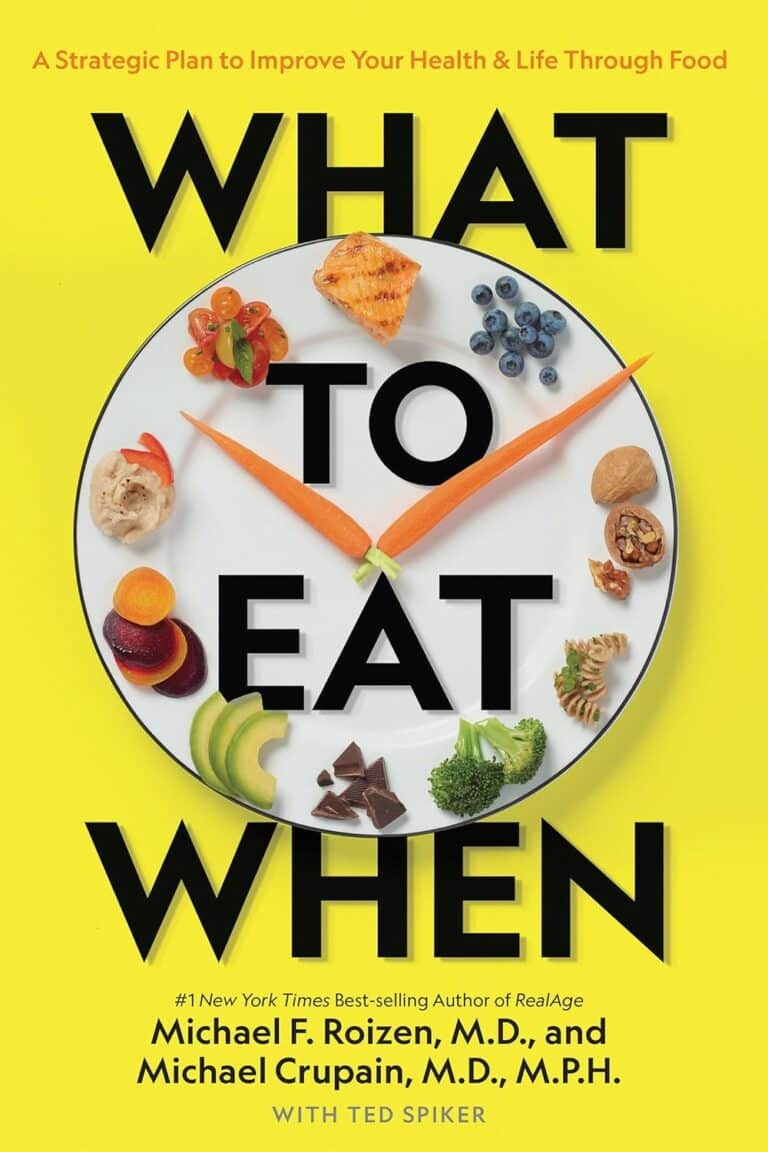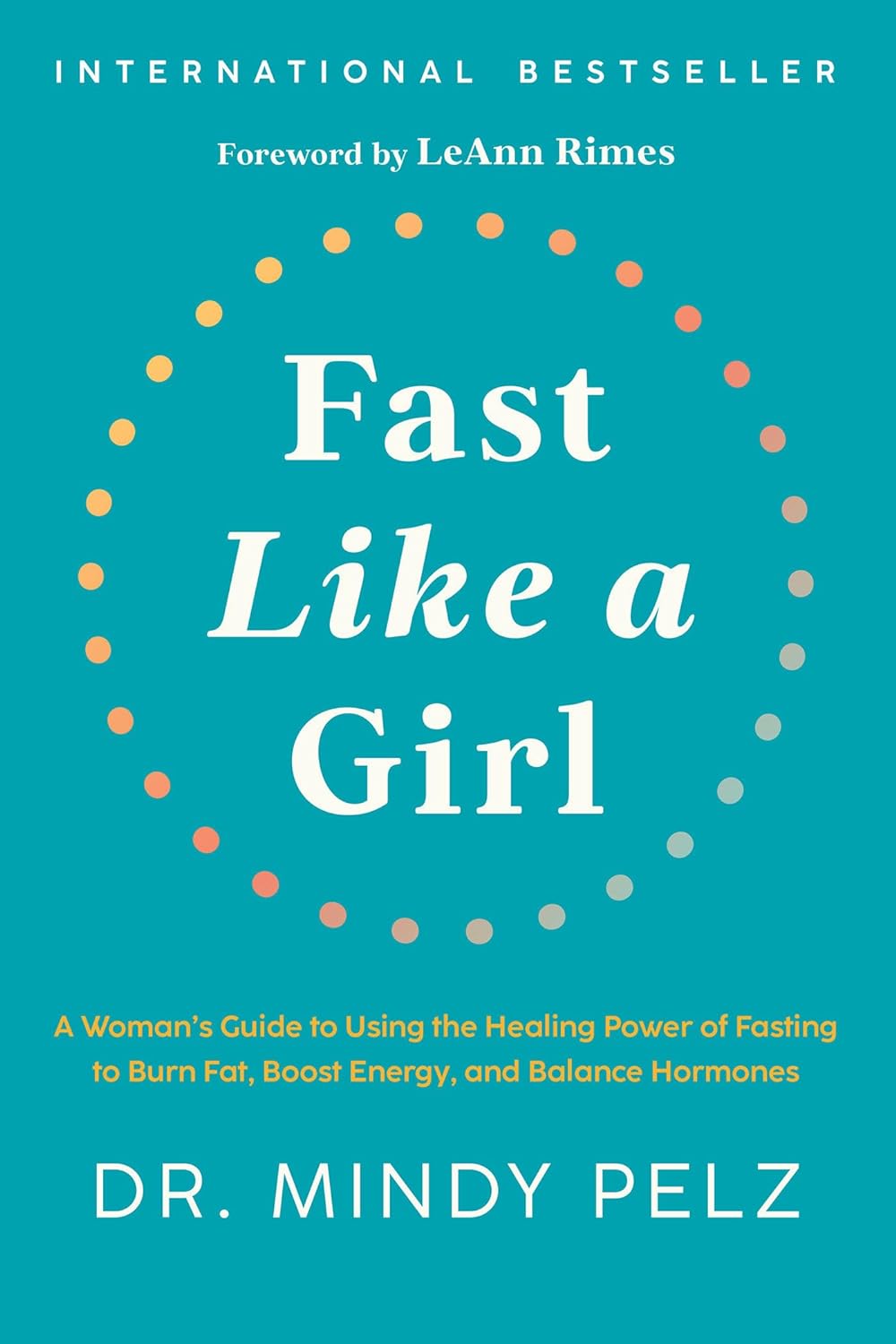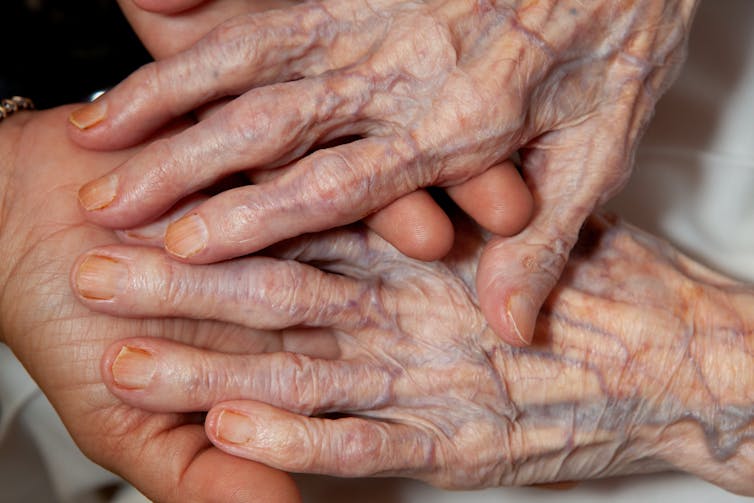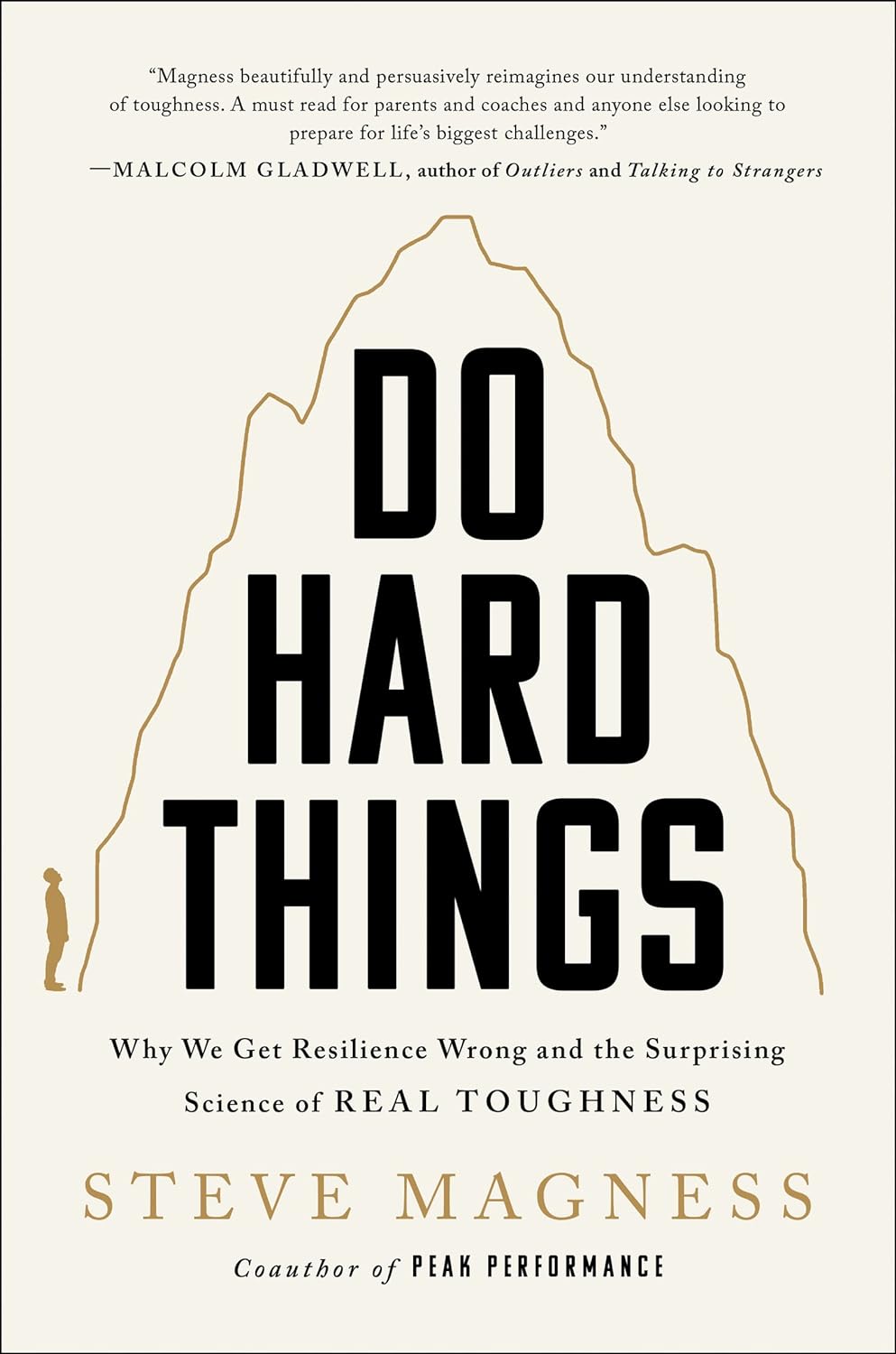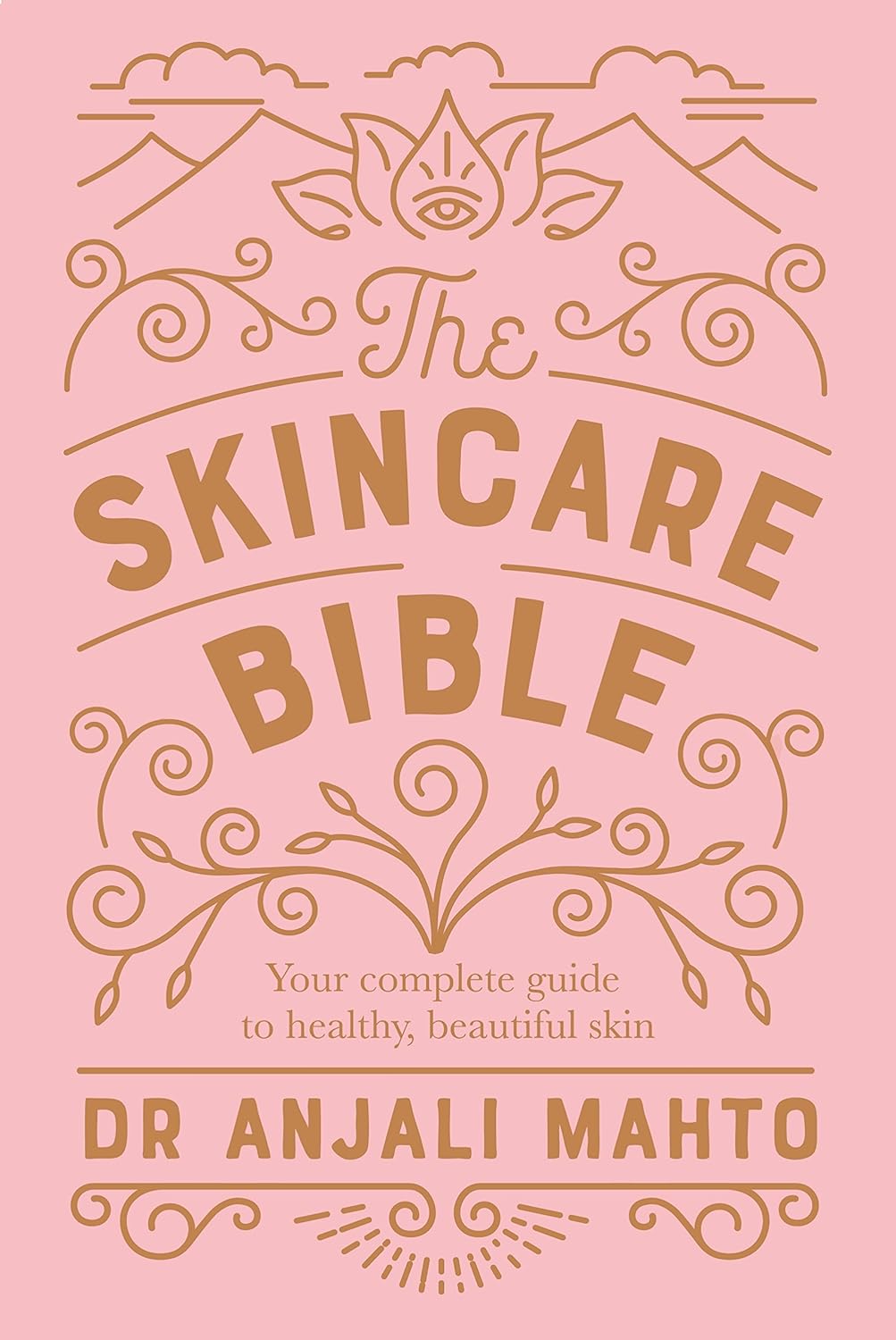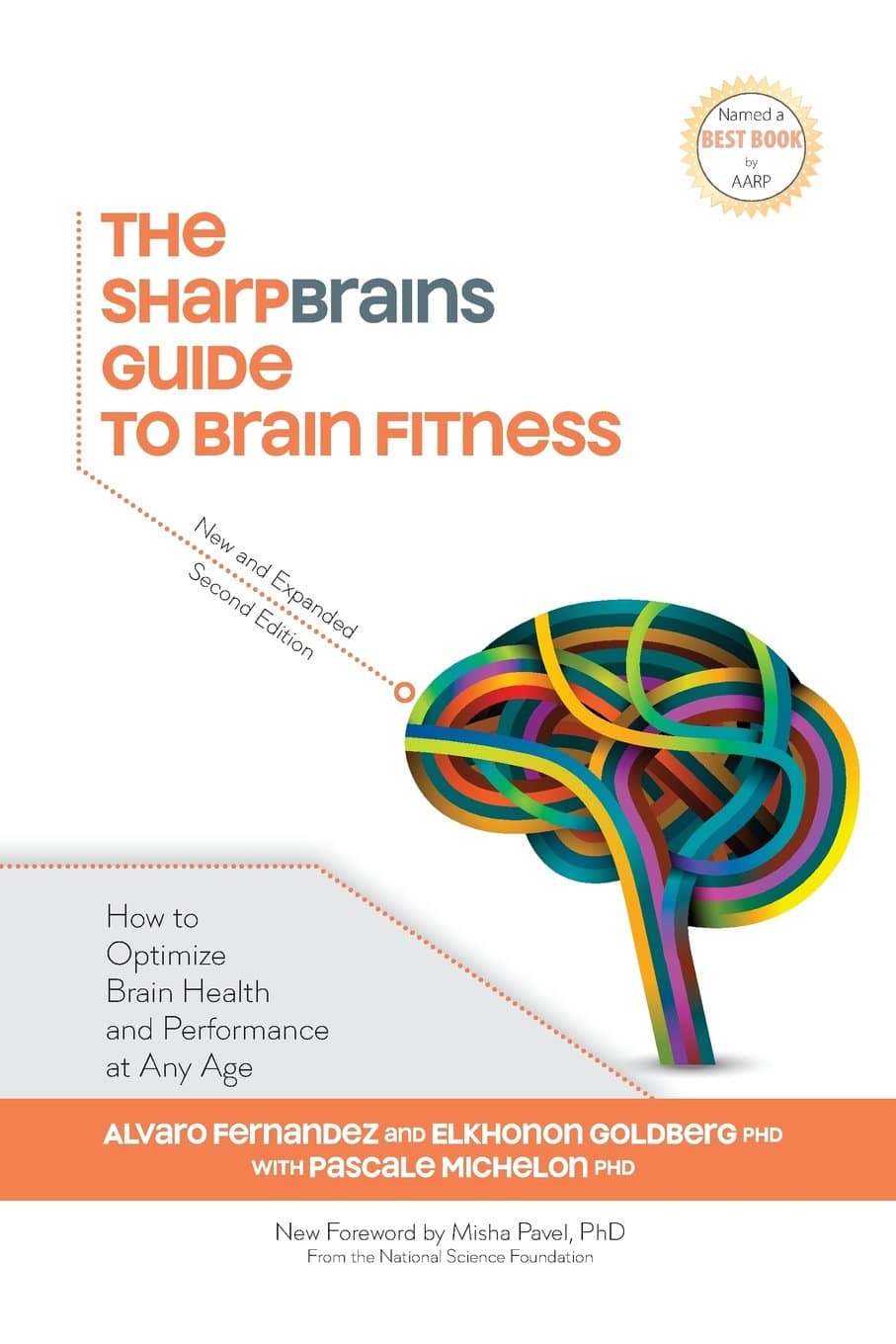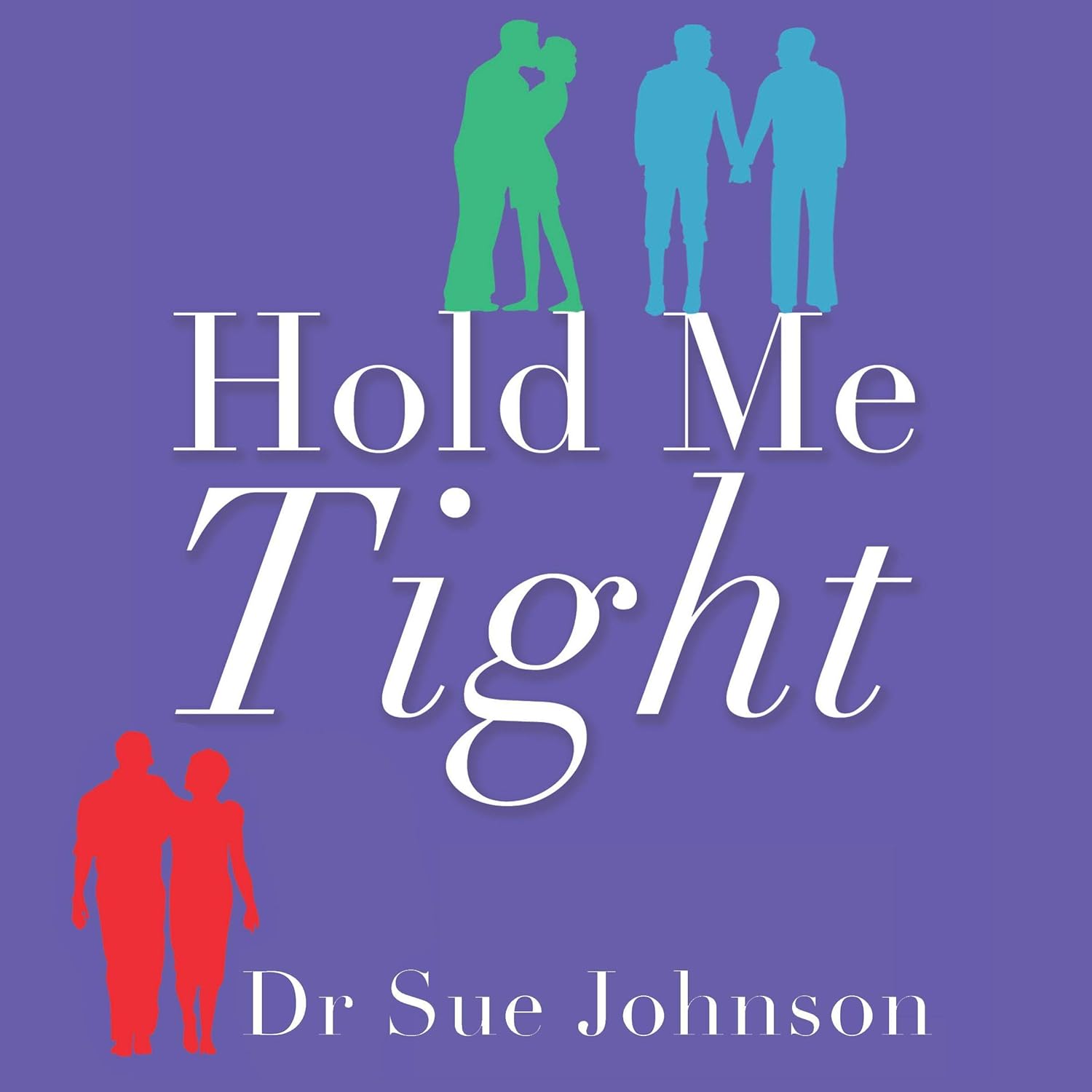
Hold Me Tight – by Dr. Sue Johnson
10almonds is reader-supported. We may, at no cost to you, receive a portion of sales if you purchase a product through a link in this article.
A lot of relationship books are quite wishy-washy. This one isn’t.
This one is evidenced-based (and heavily referenced!), and yet at the same time as being deeply rooted in science, it doesn’t lose the human touch.
Dr. Johnson has spent her career as a clinical psychologist and researcher; she’s the primary developer of Emotionally Focused Therapy (EFT), which has demonstrated its effectiveness in over 35 years of peer-reviewed clinical research. In other words, it works.
EFT—and thus also this book—finds roots in Attachment Theory. As such, topics this book covers include:
- Recognizing and recovering from attachment injury
- How fights in a relationship come up, and how they can be avoided
- How lot of times relationships end, it’s not because of fights, but a loss of emotional connection
- Building a lifetime of love instead, falling in love again each day
This book lays the groundwork for ensuring a strong, secure, ongoing emotional bond, of the kind that makes/keeps a relationship joyful and fulfilling.
Dr. Johnson has been recognized in her field with a Lifetime Achievement Award, and the Order of Canada.
Don’t Forget…
Did you arrive here from our newsletter? Don’t forget to return to the email to continue learning!
Recommended
Learn to Age Gracefully
Join the 98k+ American women taking control of their health & aging with our 100% free (and fun!) daily emails:
-
Fast Like A Girl – by Dr. Mindy Pelz
10almonds is reader-supported. We may, at no cost to you, receive a portion of sales if you purchase a product through a link in this article.
A lot of information out there when it comes to intermittent fasting is very much centered on men in the 25–35 years age range. What about the rest of us?
Our physiological needs are not the same, and it’d be foolhardy to ignore that. But what things do still stand the same, and what things would benefit from a different approach in our cases?
Dr. Pelz has our back with this book packed with information based on the best science currently out there. She gives a general overview of fasting with full consideration to the fact that we the reader may well be female or over a certain age or both. In addition, the book offers:
- Metabolic switching (the “missing key to weight loss”)
- Building a fasting lifestyle (that works with your actual life, not just on paper)
- How to time fasting according to your menstrual cycle (if you don’t have a cycle, she has you covered too)
- How to break a fast—properly (and many other hacks/tips/tricks to make fasting so much easier)
Bottom line: if you want to do intermittent fasting and want to work with rather than against your body, then this book is a fine option.
Share This Post
-
Voluntary assisted dying is different to suicide. But federal laws conflate them and restrict access to telehealth
10almonds is reader-supported. We may, at no cost to you, receive a portion of sales if you purchase a product through a link in this article.
Voluntary assisted dying is now lawful in every Australian state and will soon begin in the Australian Capital Territory.
However, it’s illegal to discuss it via telehealth. That means people who live in rural and remote areas, or those who can’t physically go to see a doctor, may not be able to access the scheme.
A federal private members bill, introduced to parliament last week, aims to change this. So what’s proposed and why is it needed?
What’s wrong with the current laws?
Voluntary assisted dying doesn’t meet the definition of suicide under state laws.
But the Commonwealth Criminal Code prohibits the discussion or dissemination of suicide-related material electronically.
This opens doctors to the risk of criminal prosecution if they discuss voluntary assisted dying via telehealth.
Successive Commonwealth attorneys-general have failed to address the conflict between federal and state laws, despite persistent calls from state attorneys-general for necessary clarity.
This eventually led to voluntary assistant dying doctor Nicholas Carr calling on the Federal Court of Australia to resolve this conflict. Carr sought a declaration to exclude voluntary assisted dying from the definition of suicide under the Criminal Code.
In November, the court declared voluntary assisted dying was considered suicide for the purpose of the Criminal Code. This meant doctors across Australia were prohibited from using telehealth services for voluntary assisted dying consultations.
Last week, independent federal MP Kate Chaney introduced a private members bill to create an exemption for voluntary assisted dying by excluding it as suicide for the purpose of the Criminal Code. Here’s why it’s needed.
Not all patients can physically see a doctor
Defining voluntary assisted dying as suicide in the Criminal Code disproportionately impacts people living in regional and remote areas. People in the country rely on the use of “carriage services”, such as phone and video consultations, to avoid travelling long distances to consult their doctor.
Other people with terminal illnesses, whether in regional or urban areas, may be suffering intolerably and unable to physically attend appointments with doctors.
The prohibition against telehealth goes against the principles of voluntary assisted dying, which are to minimise suffering, maximise quality of life and promote autonomy.
Some people aren’t able to attend doctors’ appointments in person.
Jeffrey M Levine/ShutterstockDoctors don’t want to be involved in ‘suicide’
Equating voluntary assisted dying with suicide has a direct impact on doctors, who fear criminal prosecution due to the prohibition against using telehealth.
Some doctors may decide not to help patients who choose voluntary assisted dying, leaving patients in a state of limbo.
The number of doctors actively participating in voluntary assisted dying is already low. The majority of doctors are located in metropolitan areas or major regional centres, leaving some locations with very few doctors participating in voluntary assisted dying.
It misclassifies deaths
In state law, people dying under voluntary assisted dying have the cause of their death registered as “the disease, illness or medical condition that was the grounds for a person to access voluntary assisted dying”, while the manner of dying is recorded as voluntary assisted dying.
In contrast, only coroners in each state and territory can make a finding of suicide as a cause of death.
In 2017, voluntary assisted dying was defined in the Coroners Act 2008 (Vic) as not a reportable death, and thus not suicide.
The language of suicide is inappropriate for explaining how people make a decision to die with dignity under the lawful practice of voluntary assisted dying.
There is ongoing taboo and stigma attached to suicide. People who opt for and are lawfully eligible to access voluntary assisted dying should not be tainted with the taboo that currently surrounds suicide.
So what is the solution?
The only way to remedy this problem is for the federal government to create an exemption in the Criminal Code to allow telehealth appointments to discuss voluntary assisted dying.
Chaney’s private member’s bill is yet to be debated in federal parliament.
If it’s unsuccessful, the Commonwealth attorney-general should pass regulations to exempt voluntary assisted dying as suicide.
A cooperative approach to resolve this conflict of laws is necessary to ensure doctors don’t risk prosecution for assisting eligible people to access voluntary assisted dying, regional and remote patients have access to voluntary assisted dying, families don’t suffer consequences for the erroneous classification of voluntary assisted dying as suicide, and people accessing voluntary assisted dying are not shrouded with the taboo of suicide when accessing a lawful practice to die with dignity.
Failure to change this will cause unnecessary suffering for patients and doctors alike.
Michaela Estelle Okninski, Lecturer of Law, University of Adelaide; Marc Trabsky, Associate professor, La Trobe University, and Neera Bhatia, Associate Professor in Law, Deakin University
This article is republished from The Conversation under a Creative Commons license. Read the original article.
Share This Post
-
Do Hard Things – by Steve Magness
10almonds is reader-supported. We may, at no cost to you, receive a portion of sales if you purchase a product through a link in this article.
It’s easy to say that we must push ourselves if we want to achieve worthwhile things—and it’s also easy to push ourselves into an early grave by overreaching. So, how to do the former, without doing the latter?
That’s what this book’s about. The author, speaking from a background in the science of sports psychology, applies his accumulated knowledge and understanding to the more general problems of life.
Most of us are, after all, not sportspeople or if we are, not serious ones. Those few who are, will get benefit from this book too! But it’s mostly aimed at the rest of us who are trying to work out whether/when we should scale up, scale back, change track, or double down:
- How much can we really achieve in our career?
- How about in retirement?
- Do we ever really get too old for athletic feats, or should we keep pressing on?
Magness brings philosophy and psychological science together, to help us sort our way through.
Nor is this just a pep talk—there’s readily applicable, practical, real-world advice here, things to enable us to do our (real!) best without getting overwhelmed.
The style is pop-science, very easy-reading, and clear and comprehensible throughout—without succumbing to undue padding either.
Bottom line: this is a very pleasant read, that promises to make life more meaningful and manageable at the same time. Highly recommendable!
Click here to check out Do Hard Things, and get the most out of life!
Share This Post
Related Posts
-
The Skincare Bible − by Dr. Anjali Mahto
10almonds is reader-supported. We may, at no cost to you, receive a portion of sales if you purchase a product through a link in this article.
The subtitle claims this to be a “no-nonsense guide to great skin”, and while subtitle claims can often wildly overstate what’s being delivered, in this case, the book really is a no-nonsense guide to great skin.
The author is a dermatologist, and as such she speaks from her professional knowledge and experience, which is a lot more reliable than someone’s latest hack on TikTok.
She gives a quick crash course on what skin actually is and how it works, giving time to genetic considerations, cellular matters, and the grander-scale physical issues at hand, as well as what things affect it and how, ranging from diet to UV light to hormones and more.
We also get a clear explanation of regular skincare as well as specific skin concerns, ranging from minor inconveniences to skin cancer.
You may wonder if she covers anti-aging treatments, and yes, she does.
The style is (as indeed promised by the subtitle) no-nonsense, insofar as it’s straight to the point, no hype, and no padding, just plenty of information-dense content while still being very readable.
Bottom line: if you’d like to seriously look after your skin but aren’t a fan of every latest trend, this book will be a welcome guide.
Click here to check out The Skincare Bible, and enjoy great skin!
Don’t Forget…
Did you arrive here from our newsletter? Don’t forget to return to the email to continue learning!
Learn to Age Gracefully
Join the 98k+ American women taking control of their health & aging with our 100% free (and fun!) daily emails:
-
In the Realm of Hungry Ghosts – by Dr. Gabor Maté
10almonds is reader-supported. We may, at no cost to you, receive a portion of sales if you purchase a product through a link in this article.
We’ve reviewed books by Dr. Maté before, and this one’s about addiction. We’ve reviewed books about addiction before too, so what makes this one different?
Wow, is this one so different. Most books about addiction are about “beating” it. Stop drinking, quit sugar, etc. And, that’s all well and good. It is definitely good to do those things. But this one’s about understanding it, deeply. Because, as Dr. Maté makes very clear, “there, but for the grace of epigenetics and environmental factors, go we”.
Indeed, most of us will have addictions; they’re (happily) just not too problematic for most of us, being either substances that are not too harmful (e.g. coffee), or behavioral addictions that aren’t terribly impacting our lives (e.g. Dr. Maté’s compulsion to keep buying more classical music, which he then tries to hide from his wife).
The book does also cover a lot of much more serious addictions, the kind that have ruined lives, and the kind that definitely didn’t need to, if people had been given the right kind of help—instead of, all too often, they got the opposite.
Perhaps the greatest value of this book is that; understanding what creates addiction in the first place, what maintains it, and what help people actually need.
Bottom line: if you’d like more insight into the human aspect of addiction without getting remotely wishy-washy, this book is probably the best one out there.
Don’t Forget…
Did you arrive here from our newsletter? Don’t forget to return to the email to continue learning!
Learn to Age Gracefully
Join the 98k+ American women taking control of their health & aging with our 100% free (and fun!) daily emails:
-
The SharpBrains Guide to Brain Fitness – by Alvaro Fernandez et al.
10almonds is reader-supported. We may, at no cost to you, receive a portion of sales if you purchase a product through a link in this article.
We say “et al.” in the by-line, because this one has a flock of authors, including Dr. Pascale Michelon, Dr. Sandra Bond Chapman, Dr. Elkehon Goldberg, and various others if we include the foreword, introduction, etc.
This is relevant, because those who contributed to the meat of the book (i.e., those listed above), it makes the work a lot more scientifically reliable; one skilled science writer might make a mistake; it’s much less likely to make it through to publication when there are a bevy of doctors in the mix, each staking their reputation on the book’s content, and thus having a vested interest in checking each other’s work as well as their own.
As for what this multidisciplinary team have to offer? The book covers such things as:
- how the brain works (especially the possibilities of neuroplasticity), and what that means for such things as memory and attention
- being “a coach not a patient”; i.e., being active rather than passive in one’s approach to brain health
- the relevance of physical exercise, how much, and what kind
- the relevance (and limitations) of diet choices for brain health
- the relevance of such things as learning new languages and musical training
- the relevance of social engagement, and how some (but not all) social engagement can boost cognition
- methods for managing stress and building resilience to same (critical for maintaining a healthy brain)
- “cross-fit for your brain”, that is to say, a multi-vector collection of tools to explore, ranging from meditation to CBT to biofeedback and more.
The style is pop-science without being sensationalist, just communicating ideas clearly, with enough padding to feel casual, and not like a dense read. Importantly, it’s also practical and applicable too, which is something we always look for here.
Bottom line: if you’d like to be given a good overview of what things work (and how much they can be expected to work), along with a good framework to put that knowledge into practice, then this is a great book for you.
Don’t Forget…
Did you arrive here from our newsletter? Don’t forget to return to the email to continue learning!
Learn to Age Gracefully
Join the 98k+ American women taking control of their health & aging with our 100% free (and fun!) daily emails:

